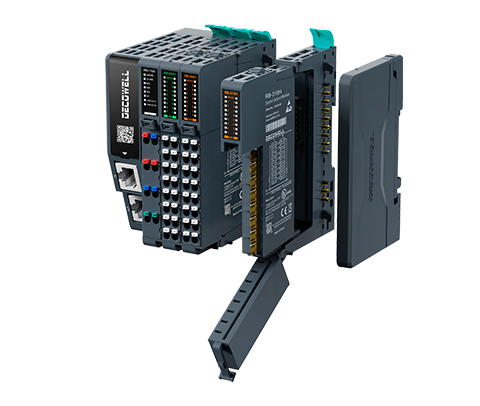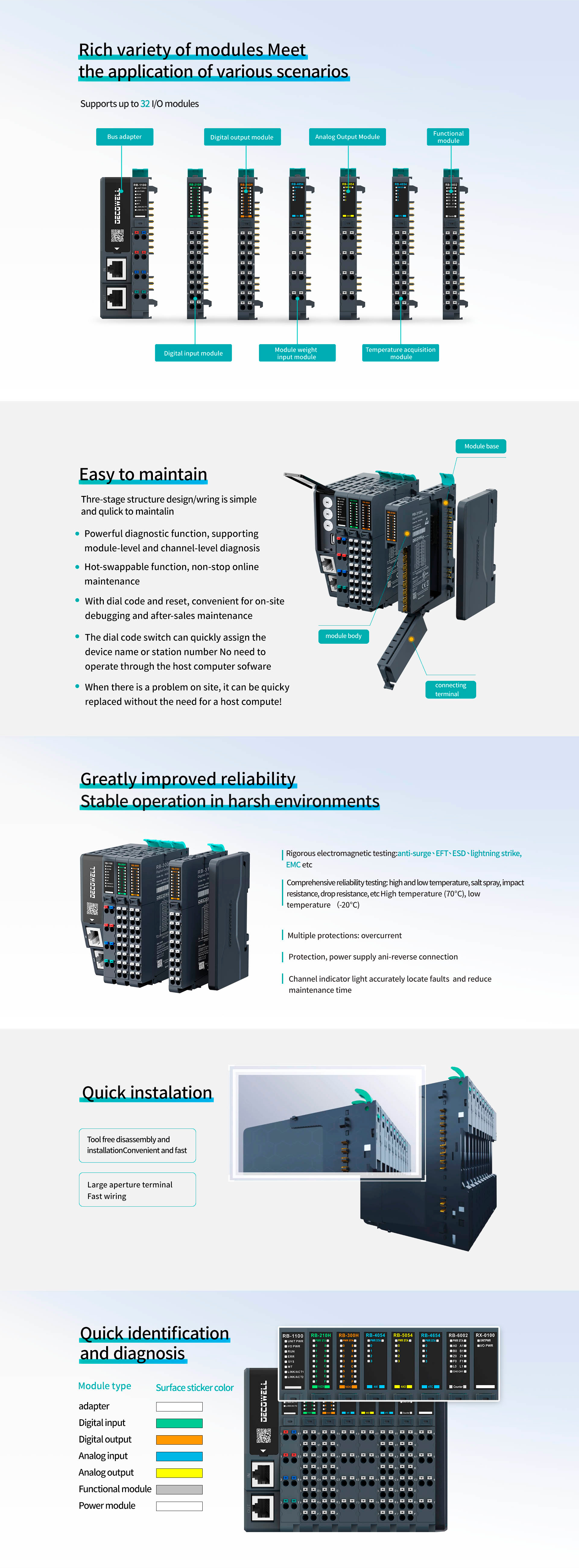Table of Contents
Imagine you’re working on a project that requires more input and output connections—frustrating, right? Many designers face this issue daily, especially when relying on traditional methods. Enter the io expander, a game-changer that hits the sweet spot for managing multiple connections effortlessly. This technology offers a route to simplify intricate designs while enhancing functionality.

Body: A Technical Breakdown
Traditional Solution Flaws
Old-school solutions often leave users searching for answers, like, why do failures always occur during crucial moments? The limitations in conventional setups—think fewer pin counts or unmanageable wiring—can lead to catastrophic delays. Thus, it’s no wonder many engineers are exploring newer alternatives.
New Technology Principles
The innovative principles behind io expanders offer a refreshing twist. Serving as a bridge between microcontrollers and various I/O devices, this tech allows for the seamless connection of myriad peripherals—without overwhelming the system’s capabilities. Features like multiplexing and bi-directional data flow take center stage here, making communication efficient and reliable.
Quantified User Benefits
But here’s where it gets exciting—users who switch to io expanders often report a possible reduction in project development time by up to 40%! This efficiency means faster time-to-market while keeping costs manageable, a dream scenario for any tech team. The enhanced flexibility transforms not just what we can create but how quickly we can push new ideas forward. So, look, it’s simpler than you think; integrating this technology could save both headaches and budgets.
Conclusion: Actionable Evaluation Criteria
When scouting for the right solutions, always verify these 3 metrics: ① Compatibility with existing hardware, ② Scalability for future needs, and ③ User reviews focusing on real-world applications. Choosing the right io expander can be the difference between a seamless project and a tangled mess.
The Digital Extension Module Explained
When it comes to extending capabilities, the digital extension module acts as a vital component. This advanced device allows for the addition of new functionalities whilst maintaining simplicity. Think of it as an upgrade for your existing setup without the hefty costs associated with a complete overhaul. Plus, since it’s designed for efficiency, you’ll notice minimal latency in data processing—truly an asset in high-demand environments.

Diving into Analog IO Expanders
What about those projects requiring a more traditional signal processing approach? Enter the analog io expander. This tech allows you to manage analog signals, seamlessly integrating with older systems still reliant on this format. By converting digital signals back into analog, these expanders offer greater versatility in legacy applications. They’re perfect for engineers who aren’t ready to go completely digital but still want to tap into additional I/O connections effortlessly.
Final Thoughts
In summary, leveraging io expanders, including digital extension modules and analog io expanders, can significantly enhance any tech project. Companies like DECOWELL stand out as manufacturers with supply advantages, ensuring that you’ll have access to the latest and most efficient products when you need them. So, make the switch and elevate your projects to new heights with these advanced technologies.


